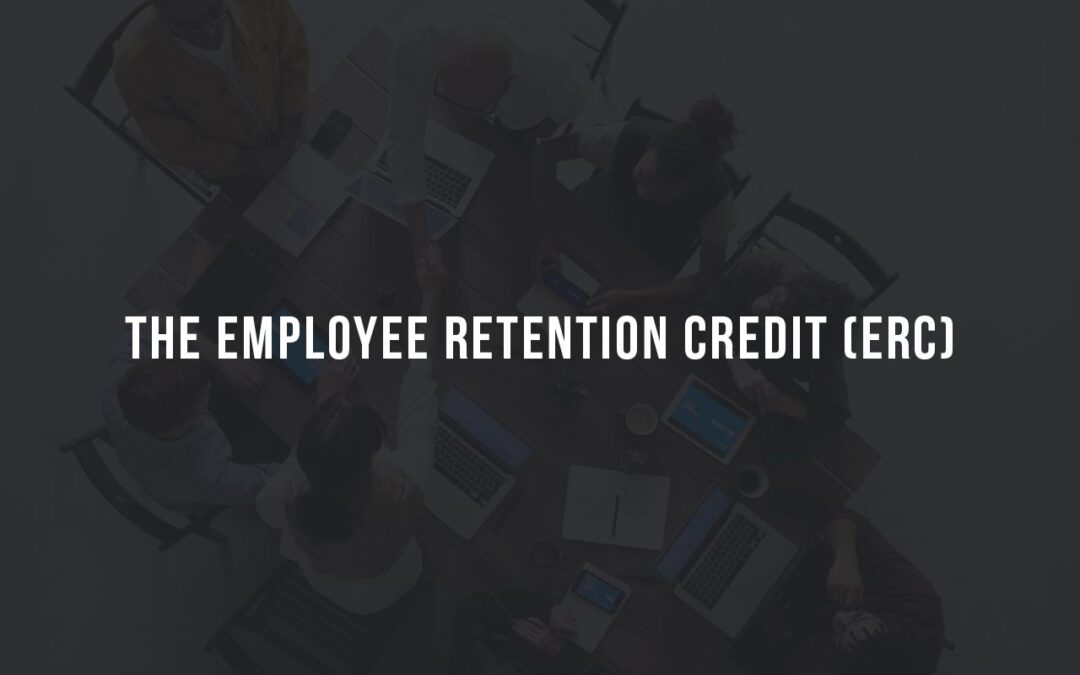Unlocking value in real estate
Estimated Reading Time: 2 minutes 10 seconds
TL;DR Summary: Only a cost segregation study can unlock the value of your commercial property for a large tax deduction.
Real estate has long been held as a way to build wealth and there are many examples out there (good and bad) of those who have made their fortunes in real estate. While real estate may hold great value, many real estate purchases end up feeling more like the Money Pit when investors discover all the money they invested in their commercial real estate is not tax deductible in the year paid.
Cost segregation studies (“CSS” or “Cost Seg Studies”, combined with the new favorable bonus depreciation rules can make a new real estate investment cash flow positive and a tax deduction. If your accountant has ever had the “basis” discussion with you, please keep reading. If not, get ahead of that “I don’t make the rules” conversation and keep reading.
Cost segregations studies became accessible to the general public after the Hospital Corporation of America vs. Commissioner 1999 tax court case that upheld a company’s use of a cost segregation report to accelerate depreciation expenses.
The CSS report consists of an engineer’s analysis that itemizes all of the materials that went into building your property and breaks down the items into specific categories for tax purposes. The end result is a report that provides the documentation for accountants (like GP CPA) to legally accelerate depreciation expenses and move assets out of the dreaded 39 year category. This scenario makes for happy real estate investors and lowered income tax bills.
As an example, a client of ours recently commissioned a firm [for about $4,000] to perform a cost segregation study of their recent commercial real estate purchase and were able to move about 34% of the cost of the building and into faster depreciation categories. The results of their CSS report were $80,000 in depreciation accelerated and over $20,000 in tax savings over the next few years. For real estate valued at $300,000 or more, a cost segregation analysis can make a substantial difference in the real estate investor’s tax return.
Please contact us to discuss the details of how a cost segregation study could improve your bottom line.
Related Articles

Tax Projections vs. Tax Planning: Why Knowing the Difference Matters
At GP CPA, we help business owners make informed financial decisions year-round—not just during “certain times” of the year.. One common point of confusion we encounter is the difference between tax projections and tax planning. While these two services are closely related, they serve distinct purposes and deliver very different outcomes.

Navigating the Unexpected Closure of Bench: GP CPA, P.C. Is Here to Help
In contrast to Bench, (RIP?), GP CPA, P.C. is a Certified Public Accounting firm located in the Southeastern United States. We are second generation CPAs and business advisors. We can take over for wherever it is that Bench left off and with us, you won’t experience a data hostage situation with our firm.

Why Waiting Until January to Find a New CPA is Too Late
As a small business owner, managing your financial health is crucial not only for your business but also for your personal wealth. Yet, many business owners make a critical mistake—they wait until January to start searching for a new Certified Public Accountant (CPA).

Don’t Panic: What to Do When You Get a Tax Notice
Picture this: You’re sifting through the mail, dreaming about coffee or a vacation, and then—bam! There it is. An ominous letter from the IRS or your state tax agency. Before you launch into a full-blown panic spiral, let’s talk through what this means and how to handle it. Spoiler alert: ignoring it won’t make it disappear.

Navigating the Unexpected Closure of Bench: GP CPA, P.C. Is Here to Help
In contrast to Bench, (RIP?), GP CPA, P.C. is a Certified Public Accounting firm located in the Southeastern United States. We are second generation CPAs and business advisors. We can take over for wherever it is that Bench left off and with us, you won’t experience a data hostage situation with our firm.

The Employee Retention Credit (ERC)
The Employee Retention Credit (“ERC”) has had some upgrades and retrofits to some of the basic calculations with the most recent (12.27.20) CARES Act changes.
Comments

0 Comments